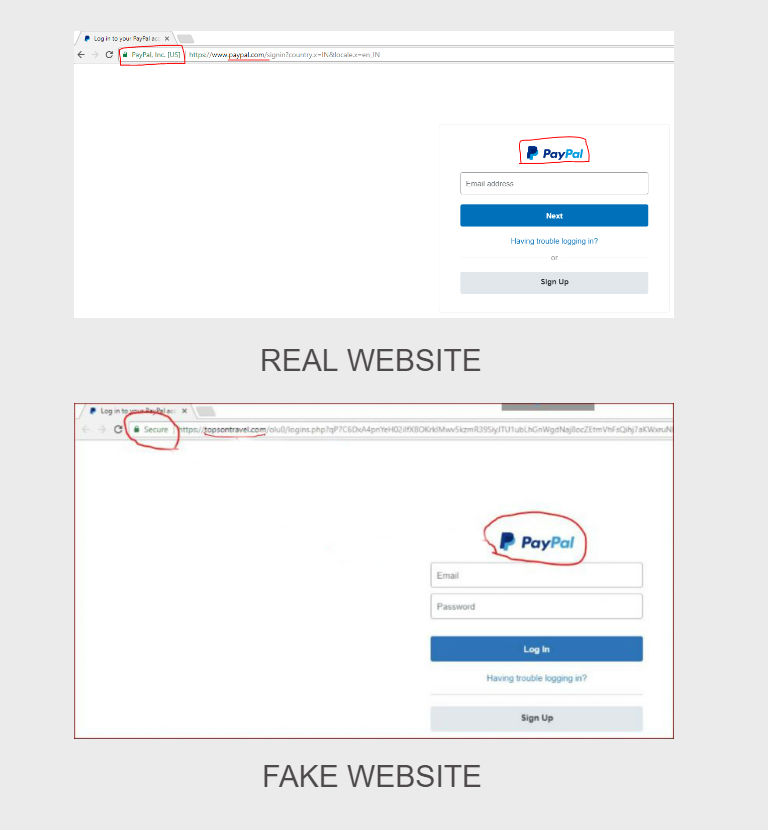Importance of Identity Verification While Purchasing an SSL Certificate
Understand why validation is a necessary and indispensable part of SSL security
If you have even slightest idea about TLS/SSL certificates, you’d know that there’s a thing called ‘Identity verification’ or the ‘verification process’. Basically, it’s a process that’s used to validate the identity of the certificate’s recipient. In simpler words, it’s done to make sure that the person/organization wanting to have the certificate issued is real and trustworthy. Whether it’s the most basic SSL certificate, DV or the most advanced, EV, vetting process forms a significant part of the SSL purchase process.
Why is Identity Verification so important?
Suppose you want to purchase a zombie survival kit (not kidding) on the internet. What you do is you go on a website, add it to your cart, and make an online payment. Now, what is the guarantee that the website you’re on is a genuine website and more importantly, a real, legitimate business? What if it’s a fake website, you don’t get your kit and zombies attack you the very next day? You’d be in a bit of trouble, right? Well, that’s where the SSL identity verification comes into play. Had the website been a genuine, verified website, you could have fought off the zombies and become a real-life hero.
That is why SSL verification is so important. Depending upon the type of SSL certificate you want to purchase, the certificate authority will conduct a verification. This verification is to make sure that only legitimate people and organizations get the certificate. If this process is not conducted, we would be in utter chaos.
Another important part that SSL validation plays is protection against phishing attacks. Basically, in a phishing attack, a hacker creates a website that looks like the real website but is not a real website. See how two websites in the image below look so identical yet are so different?

If you give even 10% of your attention, you can easily identify the differences between the two. First and most obvious is the URL. Second, you can see the company name in the URL in the real one. This is because PayPal has installed an SSL by going through the validation process. That’s how SSL protects against hackers and imposters.
Now one might ask ‘Why do I have to go through the same validation process if I want to renew the same certificate, for the same domain, and from the same CA?’ Well, this is to make sure that your company/organization is active and someone else squatted on your name and rights if you’re not active.
Conclusion
Let’s face it, nobody likes to be validated, right? Whether it’s an ‘I’m not a robot’ captcha or visa verification or the SSL validation itself, we all feel that validation slows things down. However, some things are necessary in life whether you like them or not. If you want to issue a DV SSL, the validation process is almost non-existent. In case of OV or EV SSL, you must submit particular documents & may get a call to verify your legitimacy. This is a bit rigorous process which might take some days but you’ll get through it if you have the right support. If you purchase SSL certificate(s) from our site, you’ll have our awesome team of SSL experts to guide you at every turn of the road.
![]()
Comodo Single Domain SSL Certificates provide one domain, IP or hostname powerful encryption and trustworthy authentication at the cheapest prices on the comodosslstore.
Shop Single Domain SSL Certificates


 (10 votes, average: 4.20 out of 5)
(10 votes, average: 4.20 out of 5)